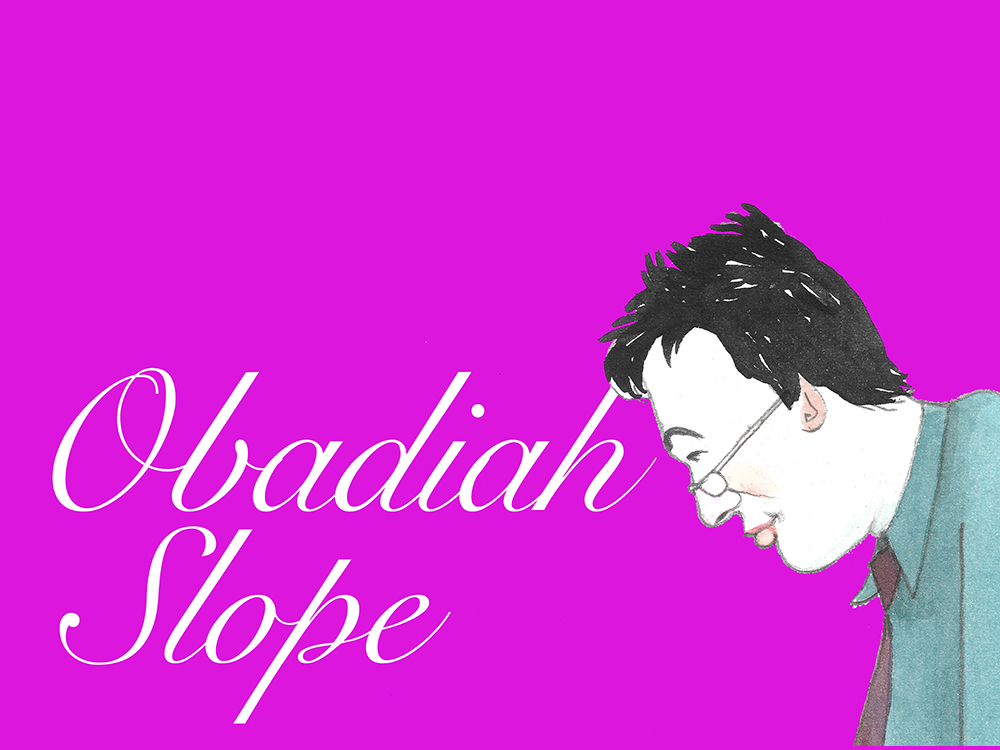Union dues: It was a pressured day in The Sydney Morning Herald newsroom, as it was during a strike. “You don’t like being here, do you?” one of the paper’s deputy editors asked. “Your making that obvious.”
It was Obadiah’s melancholy duty to cross the picket lines during a strike, although I was a Union member. There was an agreement that the union had to provide six or so “essential workers”, and I was one of them. (In my head, I could see a good reason for this – reminding myself of the great New York newspaper strike of 1962, which led to the city’s seven daily papers becoming four.)
But Obadiah probably overdid the Melancholy. The incompetence of the executives putting out the paper did Obadiah’s head in, but in hindsight, he could have suffered fools gracefully. At that time, being regarded as “essential,” I did not need the union. But when I was made redundant along with 1500 other people years later, all those union dues proved their worth.
And day by day, the presence of the union meant that as a middle manager, I could push back for the staff. I mostly won HR issues when my team was accused of being overpaid. Once, someone was accused of a pattern of taking sick leave to have a long weekend. Nearly half of their days absent were adjacent to the weekend. I responded that 40 per cent of work days were Monday or Friday. That was one for the team.
So unfashionable as it might be, Obadiah is still a union member.
###
Fare thee well: Have you ever heard a complaint – sadly more common among US Christians – that somehow the welfare state has taken the place of the church? Here’s a story that indicates there’s plenty of room to do good works. And its a good news Covid lockdown story.
Relove calls itself an “accidental charity’, and if you look at its Facebook group, it is still described as a running group. Which is how it started. But it soon took on the task of providing support for people moving into safe housing: mostly women moving out of refuges and homeless people being rehoused.
The state provides them with a roof, but the rooms are bare. That is where Relove comes in. It operates a warehouse of furniture waiting to be reloved. If you are a hotel refurbishing or a renovator, it’s the place to send the furniture you are replacing — it’s a Foodbank for beds and tables and stuff.
So, working with refuges, women can go and pick what they want from the Relove warehouse. In a clever twist, corporates seeking a team-building day might get the task of delivering it.
Relove is adamant that they are not charity professionals but a group of runners who saw a need. They are not Christians, as far as Obadiah knows, but he knows little.
But it shows that with imagination, there’s lots to do to support people with dignity and respect.
So there’s lots of good to be done, still. Can we hear an Amen?
###
This week, The Other Cheek wrote a piece on David French, who is both an evangelical and a New York Times columnist. His name gets bandied about disparagingly by some Christians who veer towards wanting the US to be somewhat of a theocracy. French prefers an “ordered liberty” where we live alongside other groups who will do things we don’t especially like. The Other Cheek piece appreciated his work.
Well, you never know who gets to read this blog. Obadiah is pleased to note our writing was appreciated in turn by French’s mom, Belinda, who wrote us a kind note.
###
George Orwell came up in discussion this week. In his essay Why I Write he gives four reasons why writers are compelled to write:
(i)Sheer egoism. Desire to seem clever, to be talked about, to be remembered after death, to get your own back on grown-ups who snubbed you in childhood, etc., etc.
(ii) Aesthetic enthusiasm. Perception of beauty in the external world, or, on the other hand, in words and their right arrangement.
(iii) Historical impulse. Desire to see things as they are, to find out true facts and store them up for the use of posterity.
(iv) Political purpose – using the word ‘political’ in the widest possible sense. Desire to push the world in a certain direction, to alter other people’s idea of the kind of society that they should strive after.
Obadiah pleads guilty to all charges but leaves it to the reader to determine to what degree each reason should be taken into account in his sentencing hearing.
He hopes that (i) ego is played down in The Other Cheek. The title of this blog is meant as a reminder that it should obey the rule of its king and saviour.
Another hope is that there is enough (ii) aesthetic for a thin trickle of enthusiasm.
Obadiah does his best for (iii) an impulse to see things as they are. And yes, also to gently push a bit of (iv), for example, the story of Courtney Gore, which we republished this week, a woman who, while elected on a book-banning platform to a school board, investigated what was really going on.
But can Obadiah add a better reason – pleading a fifth, if you will?
I am writing to you, dear children,
because your sins have been forgiven on account of his name.
I am writing to you, fathers,
because you know him who is from the beginning.
I am writing to you, young men,
because you have overcome the evil one.
(I John 2:12–13)
Or, in other words, I write to you who have learned to turn the other cheek.

